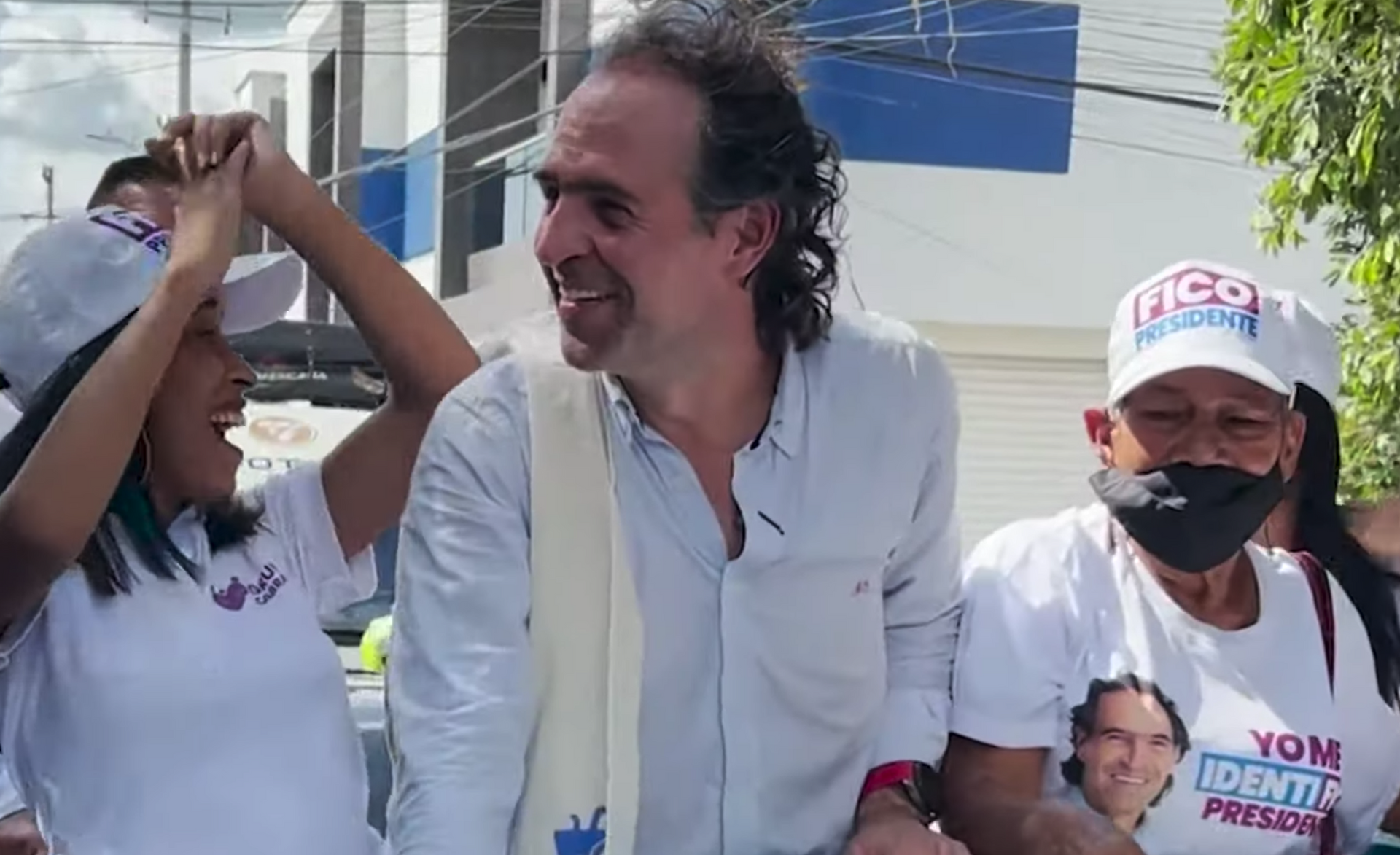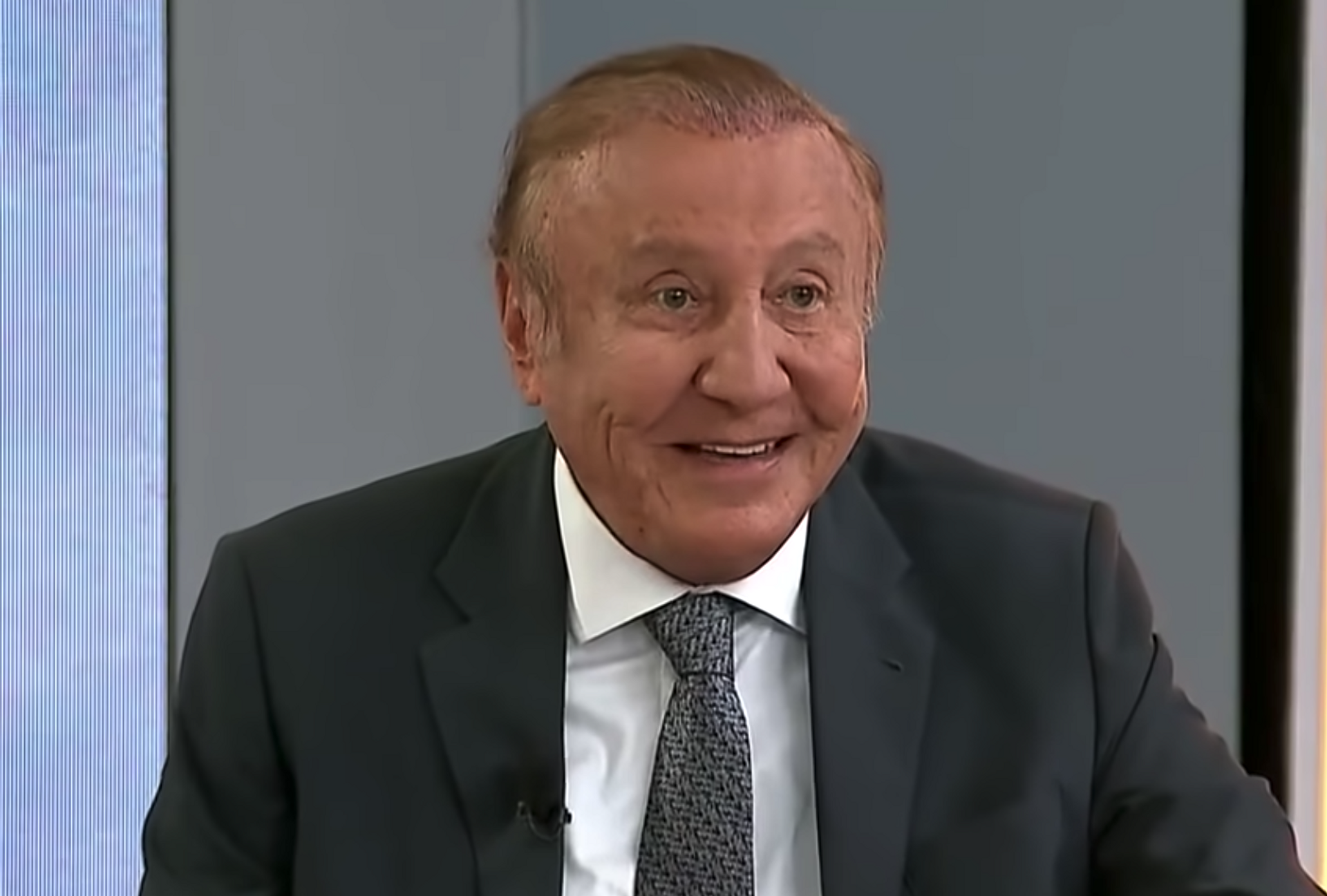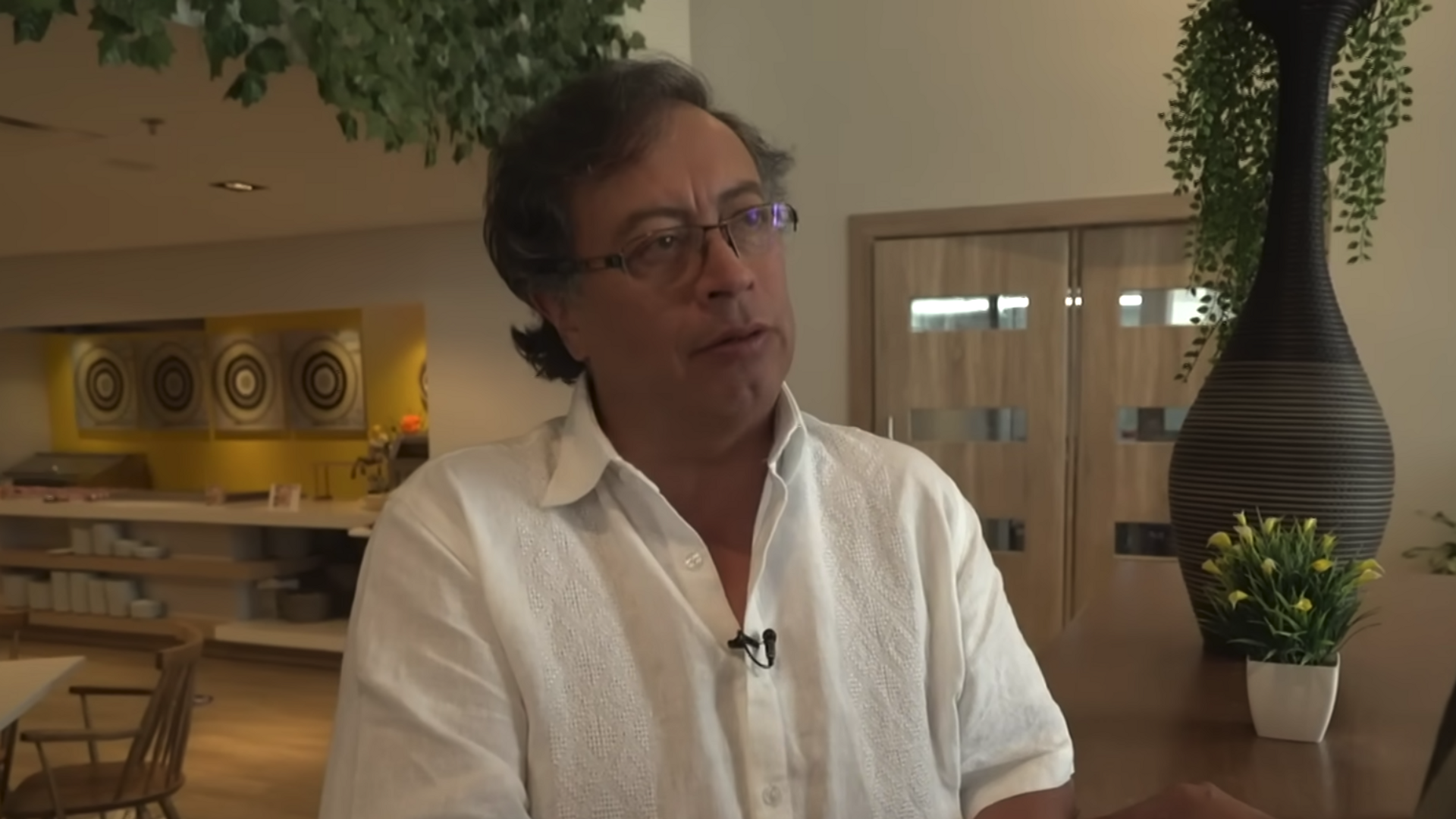The Rise of Ex-Guerrilla Member Gustavo Petro: Will Colombia Elect Its First Left-Wing President?
14:00 GMT 29.05.2022 (Updated: 10:57 GMT 11.03.2024)
Subscribe
Facing high unemployment and inflation, Colombians are looking for change in Sunday’s election. It may come in the form of leftist candidate and former guerrilla member Gustavo Petro, though political outsider Rodolfo Hernández is quickly rising in the polls to challenge him.
Ahead of Sunday’s election, left-wing Colombian presidential candidate, Gustavo Petro, holds a comfortable lead over his opponents, but not high enough to avoid a runoff where he may face a more difficult challenge.
Petro is currently polling at 37%, well ahead of his conservative opponent Federico “Fico” Gutiérrez, who is polling at 25%, and outsider candidate Rodolfo Hernández, who is polling at 20%.
Once a member of the M-19 guerrilla group - though former members say he was not actively involved in fighting, Petro first became active in politics working as the ombudsman for the town of Zipaquira, where he helped 400 families win a plot of land. He would later serve between 18 and 24 months (reports are conflicting) in jail for weapon charges.
Popular with the youth, Petro served as the mayor of Colombia’s capital city of Bogotá from 2011 to 2015. There, he pushed left-wing policies like lowering bus fares and opening drug treatment facilities.
However, while poverty in the city fell during his term, he also has some issues. When Petro tried to nationalize trash collection, the plan failed and led to garbage being piled up on the streets. He was also temporarily removed from office, though that removal was eventually declared illegitimate by the Inter-American Commission on Human Rights and allowed for his reinstatement.
Es hora de escoger la confianza sobre el miedo.
— Luis Ernesto Gómez👟 (@LuisErnestoGL) May 23, 2022
Tenemos una semana para que el cambio y la esperanza ganen en primera vuelta. El verdadero cambio solo es posible si estamos todos unidos.
Con convicción votaré el 29 de mayo por @petrogustavo y @FranciaMarquezM ¡Yo elijo confiar! pic.twitter.com/wQUDsa3K7e
Now, Petro is going much further than he did as mayor - or during his two previous presidential runs. The Colombia native has indicated that on his first day in office, he intends to declare a state of emergency to address hunger. Nearly 16 million Colombians survive on less than three meals a day.
The left-wing candidate also describes himself as an environmentalist and promises to stop fracking and end explorations for oil; however, critics charge that ending oil exploration would hurt Colombia’s already struggling economy. Oil makes up around half of Colombia’s exports, but Petro plans to make up the shortfall by taxing corporations and Colombia’s rich elite while increasing tourism.
Gutiérrez has compared Petro to former Venezuelan President Hugo Chávez, painting a picture of the former guerilla nationalizing private businesses and taking an aggressive stance with the West that would isolate the country. Petro has pledged not to nationalize any private property and pointed to a JPMorgan research note that said the bank is not alarmed by the leftist’s proposed policies.
Some of those policies are controversial, however, like his plan to nationalize the private pension system, seemingly in contradiction to his promise not to nationalize private property. Less controversially, Petro also wants to create more housing, provide free higher education and offer jobs with a basic salary to those who cannot find work elsewhere. He says he will also raise import taxes on food that can be grown in Colombia as part of a larger effort to help local farmers.

Federico Gutierrez, presidential candidate representing the Team for Colombia coalition, ahead of the first round May 29th elections.
But at the heart of any Colombian election is the ongoing peace process. Colombia has a decadeslong history of conflict between the government, Marxist guerrilla groups, right-wing paramilitary groups, and powerful drug gangs.
The largest guerrilla group, the Revolutionary Armed Forces of Colombia (FARC), signed a peace treaty with former President Juan Manuel Santos, who was also in talks with the next largest remaining group, the National Liberation Army (ELN), before the current president Ivan Duque stopped the negotiations. While the treaty with the FARC remains in place, Duque has been criticized for slowing the implementation of the agreement. That has led factions of the FARC to rearm themselves and the ELN to remain active, though they announced a ceasefire during the elections.
Petro, as a former member of a guerrilla group, is seen as the candidate most likely to achieve peace with the remaining armed FARC members, the ELN, and the smaller groups that filled the void left by the FARC, but some critics have attacked his past involvement with guerrilla groups.
M-19, Petro’s former group, signed a peace treaty and officially became part of the Colombian government in the late 1980s.
Contenders Gutiérrez & Hernández
Hernández has a personal history with the guerrilla groups operating in Colombia. His father was kidnapped by the FARC and held for four months, and his daughter was kidnapped by the ELN and never returned after he refused to pay a ransom. She is presumed dead, but her body was never found.
As such, he seems less likely to sit at a table with the guerrilla groups and voted against the peace treaty signed by Manuel Santos, though he has promised that he would fully implement the agreement.
Íngrid Betancourt, a former hostage of the FARC who recently dropped out of the race, endorsed Hernández, bolstering his numbers with those who have a distaste for the guerrilla groups.
Gutiérrez, meanwhile, is seen as an extension of the Duque administration, who broke off the talks with the ELN. Duque is extremely unpopular in Colombia at this stage of his presidency, polling at 20%.
While Gutiérrez is polling higher than Hernández, it is looking more likely that Hernández is a bigger obstacle to Petro than Gutiérrez is. Hernández, like Petro, is running on an anti-corruption platform, though one that is far more favorable to private businesses than Petro’s. He could be seen as a good alternative for centrist Colombians who cannot bring themselves to vote for either Petro or Gutiérrez.

Rodolfo Hernandez, presidential candidate in Colombia's looming election on Sunday, May 29, 2022.
Hernández was polling at a mere 12% on May 12, but that number has risen rapidly, reaching 20% just eight days later.
If no candidate reaches 50% after the May 29 election, something that looks unlikely at this point, then the top two candidates will compete in a runoff on June 19. Recent polling has Petro defeating Gutiérrez in a runoff, 44.2% to 34.9%, with 5.7% undecided, 10% saying they would not vote at all, and 5.2% saying they would submit a blank ballot.
In contrast, Hernández would be in a dead heat with Petro, according to recent polls. Both had 40.5% of respondents say they would vote for them, with 6% undecided, 9.3% refusing to vote for either, and 3.7% saying they would submit a blank ballot.
Submitting a blank ballot is an option in Colombia that allows voters to express their dissatisfaction with the options presented. If “voto en blanco” wins a majority, the election process would begin anew.
Polling indicates that Colombians do not have much faith in their electoral process. Nearly half, 48%, believe there was fraud in the March 13 primaries and only 43% have confidence in Colombian democracy. Whatever the result in June, experts fear there may be large protests contesting the results.

